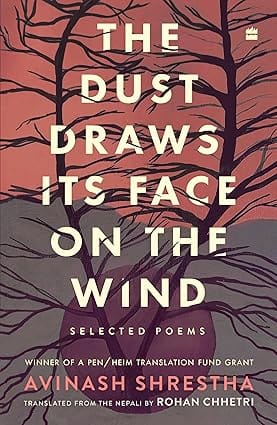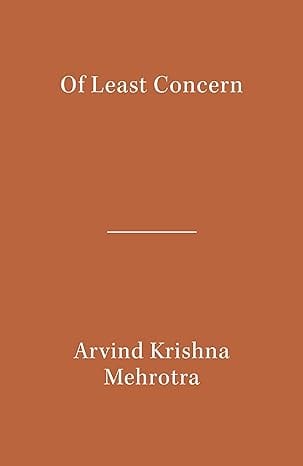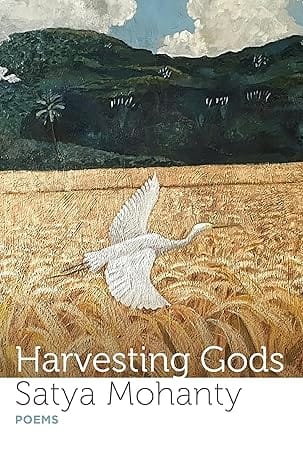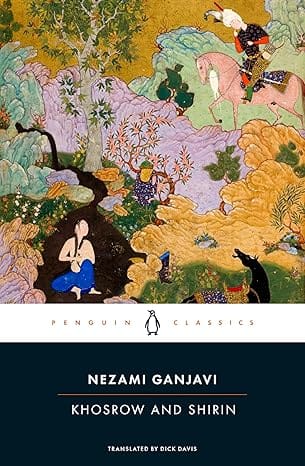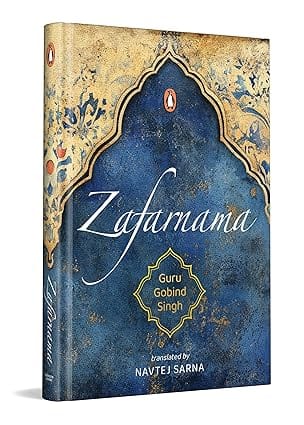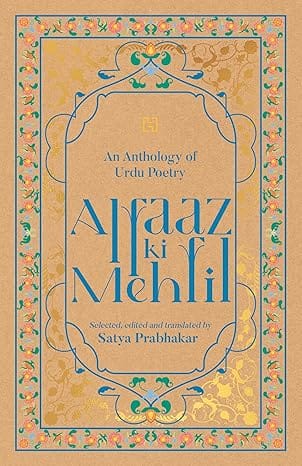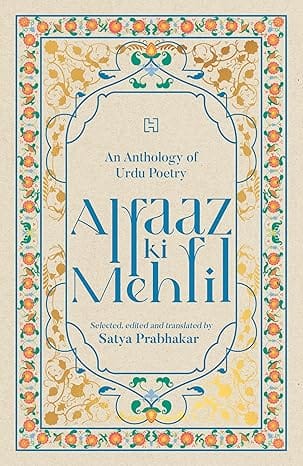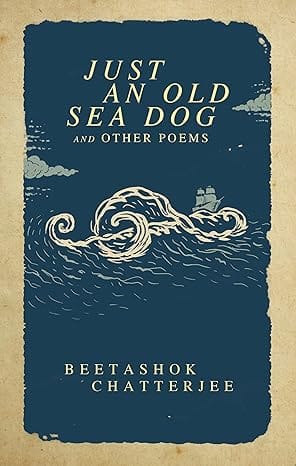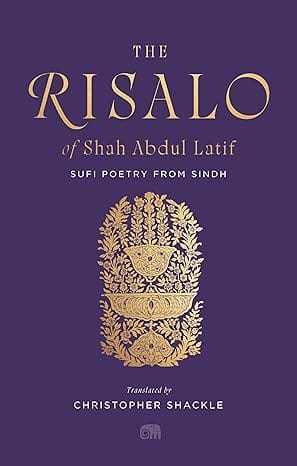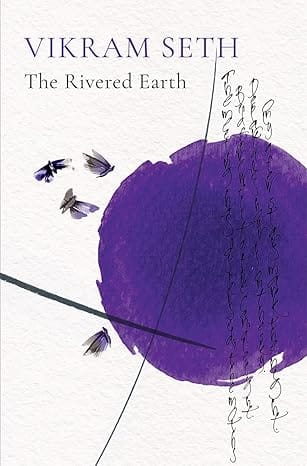-
Non-ficton
- Non-ficton
-
Contemporary Fiction
- Contemporary Fiction
-
Children
- Children
-
Comics & Graphic Novels
- Comics & Graphic Novels
-
Non-Fiction
- Non-Fiction
-
Fiction
- Fiction
Winner of a PEN/Heim Translation Fund Grant
Born in Assam, Avinash Shrestha migrated permanently to Kathmandu in 1990. His first three collections, Parewa: Seto Kala (1977), Samvedna, O Samvedna! (1981) and, particularly, Anubhuti Yatrama (1990) forged a quintessentially modern Nepali diction and imagery and created a stir in the Nepali literary scene. His work brought in influences from the regional poetry movements in India -Assamese, Urdu, Hindi, Bengali - and world poetry, ranging from the French symbolists to the Spanish surrealist Federico García Lorca, into the idiom of Nepali poetry which had, until then, been mired in social critique. His fourth collection, Karodoun Suryaharuko Andhakar (2003), blends his distinct brand of surrealism with themes of climate justice, mourning the ecological degradation in the Eastern Himalayas.
The Dust Draws Its Face on the Wind, translated brilliantly by the award-winning Rohan Chhetri, is the first selection of Nepali poetry to be widely available in English, and maps the oeuvre of one of the most significant contemporary poets writing in the language today.
Review
'When "the factory of poetry" shuts down, the natural spring of poetry becomes audible - Avinash Shrestha's voice is that spring. Building upon conventions of the lyric and of universal symbols and fables and then either toppling them or surpassing them to claim his own distinct poetic space, Shrestha's vision taps into the consciousness of the world, assimilating and transcending cultures. Rohan Chhetri's translations flow smoothly and succeed in catching the syntactic patterns of Nepali, helping us become friends with one of Nepal's most moving and significant poetic voices.' - Mani Rao
'The poems [in The Dust Draws Its Face on the Wind] sing with chimerical music and demonstrate Shrestha's singular use of language that blends Hindu liturgical elements and Vedic cosmology, Sanskrit-rooted high diction and Nepali vernacular, together with a tender branch of surrealism within postmodern aesthetics. Poet and emerging translator Rohan Chhetri's work as translator begins with the well-considered decision to translate these exquisite, "wild by design" poems by Shrestha, and ends with a body of brilliant, culturally complex poems that have roots across the South Asian diaspora.' -PEN/Heim Translation Fund Grants, Judges Citation (Kareem James Abu-Zeid, Peter Constantine, Karen Emmerich, Nicholas Glastonbury, Elisabeth Jaquette, Tess Lewis, Aditi Machado, Sawako Nakayasu, Wanda Phipps, Jeremy Tiang, Lara Vergnaud, and Jeffrey Zuckerman)
About the Author
- Home
- Fiction
- Poetry Drama & Literary Criticism
- The Dust Draws Its Face On The Wind Selected Poems
The Dust Draws Its Face On The Wind Selected Poems
SIZE GUIDE
- ISBN: 9789362133564
- Author: Avinash Shrestha
- Publisher: Harper Perennial
- Pages: 172
- Format: Paperback
Book Description
Winner of a PEN/Heim Translation Fund Grant
Born in Assam, Avinash Shrestha migrated permanently to Kathmandu in 1990. His first three collections, Parewa: Seto Kala (1977), Samvedna, O Samvedna! (1981) and, particularly, Anubhuti Yatrama (1990) forged a quintessentially modern Nepali diction and imagery and created a stir in the Nepali literary scene. His work brought in influences from the regional poetry movements in India -Assamese, Urdu, Hindi, Bengali - and world poetry, ranging from the French symbolists to the Spanish surrealist Federico García Lorca, into the idiom of Nepali poetry which had, until then, been mired in social critique. His fourth collection, Karodoun Suryaharuko Andhakar (2003), blends his distinct brand of surrealism with themes of climate justice, mourning the ecological degradation in the Eastern Himalayas.
The Dust Draws Its Face on the Wind, translated brilliantly by the award-winning Rohan Chhetri, is the first selection of Nepali poetry to be widely available in English, and maps the oeuvre of one of the most significant contemporary poets writing in the language today.
Review
'When "the factory of poetry" shuts down, the natural spring of poetry becomes audible - Avinash Shrestha's voice is that spring. Building upon conventions of the lyric and of universal symbols and fables and then either toppling them or surpassing them to claim his own distinct poetic space, Shrestha's vision taps into the consciousness of the world, assimilating and transcending cultures. Rohan Chhetri's translations flow smoothly and succeed in catching the syntactic patterns of Nepali, helping us become friends with one of Nepal's most moving and significant poetic voices.' - Mani Rao
'The poems [in The Dust Draws Its Face on the Wind] sing with chimerical music and demonstrate Shrestha's singular use of language that blends Hindu liturgical elements and Vedic cosmology, Sanskrit-rooted high diction and Nepali vernacular, together with a tender branch of surrealism within postmodern aesthetics. Poet and emerging translator Rohan Chhetri's work as translator begins with the well-considered decision to translate these exquisite, "wild by design" poems by Shrestha, and ends with a body of brilliant, culturally complex poems that have roots across the South Asian diaspora.' -PEN/Heim Translation Fund Grants, Judges Citation (Kareem James Abu-Zeid, Peter Constantine, Karen Emmerich, Nicholas Glastonbury, Elisabeth Jaquette, Tess Lewis, Aditi Machado, Sawako Nakayasu, Wanda Phipps, Jeremy Tiang, Lara Vergnaud, and Jeffrey Zuckerman)
About the Author
Related Books
User reviews
NEWSLETTER
Subscribe to get Email Updates!
Thanks for subscribing.
Your response has been recorded.

India's Iconic & Independent Book Store offering a vast selection of books across a variety of genres Since 1978.
"We Believe In The Power of Books" Our mission is to make books accessible to everyone, and to cultivate a culture of reading and learning. We strive to provide a wide range of books, from classic literature, sci-fi and fantasy, to graphic novels, biographies and self-help books, so that everyone can find something to read.
Whether you’re looking for your next great read, a gift for someone special, or just browsing, Midland is here to make your book-buying experience easy and enjoyable.
We are shipping pan India and across the world.
For Bulk Order / Corporate Gifting
 +91 9818282497 |
+91 9818282497 |  [email protected]
[email protected]
Click To Know More
INFORMATION
POLICIES
ACCOUNT
QUICK LINKS
ADDRESS
Shop No.20, Aurobindo Palace Market, Near Church, New Delhi

